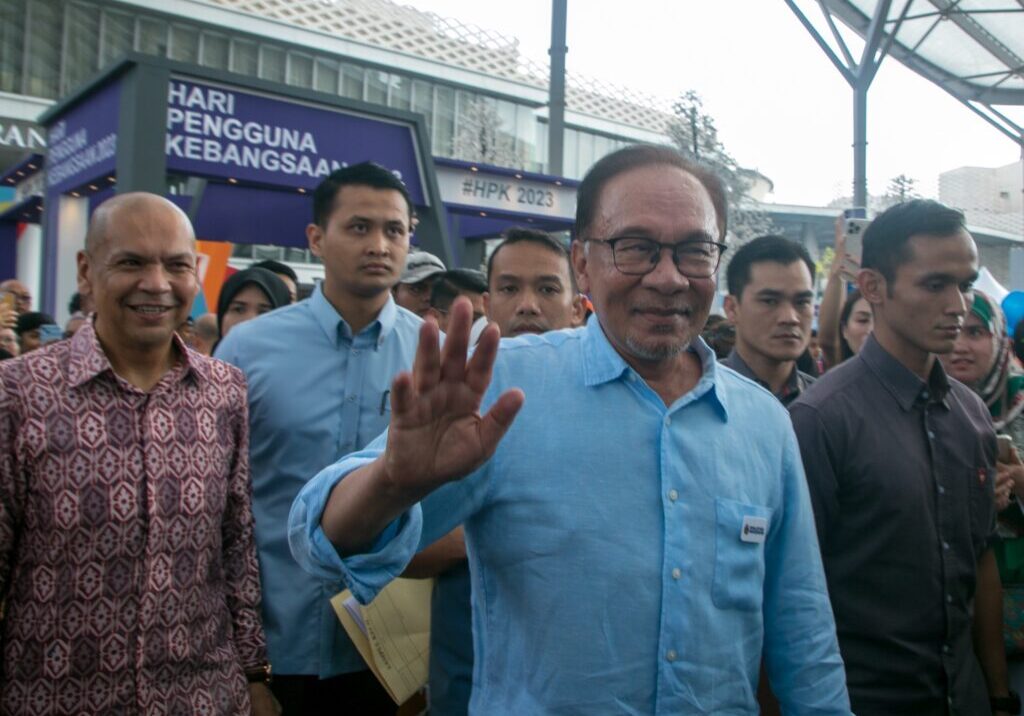Australia/Israel Review
Asia Watch: Paying The Price
Dec 2, 2015 | Michael Shannon

Michael Shannon
A two-minute video posted on a shortlived Facebook account of Abu Sayyaf leader Muammar Askali provided enough evidence as to how a small, radical Islamist terror group in an obscure, isolated corner of the Philippines can survive and even thrive.
In the video, Askali and his fellow Abu Sayyaf militants showed stacks of money which, he said, was given to them by a government emissary for the release of German hostages Viktor Stefan Okonek and Henrike Dielen on October 17, six months after they were kidnapped.
The cash bounty appeared to be at least a substantial portion of the P250-million (A$7.45m) ransom payment.
“Alhamdullilah (All praise and thanks to God). This shows to counter the Philippines government that they said no ransom policy. And now… that policy will be lost at this moment,” Askali said in the video.
Indeed, the Philippines government maintains its policy is not to negotiate with terrorists/kidnappers as well as not paying any ransom for hostages’ freedom. Deputy presidential spokesperson Abigail Valte reaffirmed this in recent days. “The policy of the government does not change. We do not negotiate in instances like this. To us, the ransom demand does not have impact because we don’t negotiate,” she said.
But a Philippines Inquirer source said that during the release of the two Germans, the Philippines army (AFP) was “running the negotiation”. The source, allegedly a member of the military’s intelligence community, said the plane chartered to deliver the money had Army officials on board, adding that the “AFP was mad because allegedly there were media people monitoring near Central Bank when the money was withdrawn.”
While details of payments continue to trickle out, ransom demands are escalating to unprecedented levels.
Abu Sayyaf in Sulu province reportedly released two Malaysian nationals on November 8 for the handy sum of A$894,000. A military report indicated that a certain Malaysian Captain Hassim brought the ransom to Sulu and was met by a confidante who relayed the money to the ASG in exchange for the release of the two hostages who were captured in May 2015.
Meanwhile, Abu Sayyaf has demanded more than A$119 million in ransom for three foreigners and a Filipina abducted from an island resort in September, according to a US-based group that tracks terrorist activities.
The Philippines military said it was still verifying the demand, which was made in a video released by suspected Abu Sayyaf militants and circulated online by SITE Intelligence Group.
In the 87-second video, Canadians John Ridsdel and Robert Hall, Norwegian Kjartan Sekkingstad and Filipina Marites Flor were seen flanked by armed men dressed in black and brandishing high-powered and bladed weapons. One of the masked men and the foreigners said a ransom of 1 billion pesos (A$29.8 million), the largest ever demanded by Abu Sayyaf kidnappers, must be paid for each of the four hostages for their release.
All this comes only two months after the last major operation against Abu Sayyaf, when about 1,000 marines and army troops launched an offensive to capture at least six foreign Islamic militants and their Abu Sayyaf rebel allies. The foreign militants were believed to have come from Indonesia and Malaysia, and to be providing bomb-making and other training to Abu Sayyaf in Sulu and the nearby island province of Basilan.
Aside from a series of skirmishes and several low-level casualties, the operation was no more or less successful than the many others that preceded it.
Abu Sayyaf is estimated still to have about 400 gunmen currently, split into several factions, and although they remain confined to a relatively small and isolated area, their ideological declarations seem less relevant than the lucrative racket of kidnappings, extortion and other acts of banditry that appears set to continue.
This article is featured in this month’s Australia/Israel Review, which can be downloaded as a free App: see here for more details.






